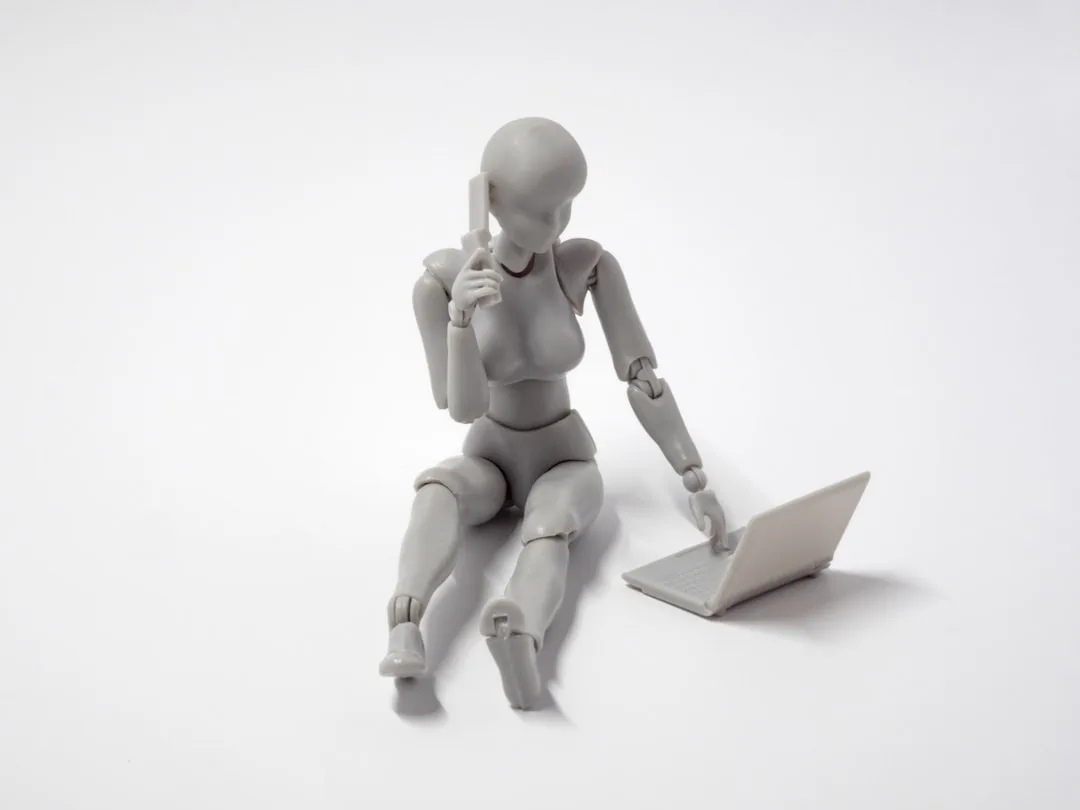
Newsletter Subscribe
Enter your email address below and subscribe to our newsletter

Enter your email address below and subscribe to our newsletter

As artificial intelligence continues to evolve, it’s not just software but hardware too that is getting a powerful AI boost. Everyday gadgets are being transformed into smart devices that can anticipate needs, learn from behavior, and seamlessly integrate into daily routines, changing how we live and work.
Leading tech giants like Google, Amazon, and Apple are at the forefront of AI-powered gadget development, capitalizing on their extensive resources and vast data ecosystems. However, startups and smaller tech companies are also making significant strides. For example, companies like Ring and Nest Labs have been pioneers in smart home technology, while Fitbit and Oura are leading the way in health and fitness trackers that leverage AI to offer personalized insights and recommendations.
The integration of AI into everyday gadgets has profound implications across various industries. In the workplace, AI-enhanced devices such as smart speakers, collaborative robots, and AI-driven analytics tools are streamlining workflows, enhancing productivity, and enabling remote work. For instance, AI assistants like Amazon’s Alexa for Business help manage tasks, schedule meetings, and automate repetitive processes, freeing up human resources for more strategic initiatives.
In healthcare, AI-powered wearables like the Apple Watch and Fitbit provide continuous health monitoring, alerting users and healthcare providers to potential issues before they become serious. These devices are increasingly being used in clinical trials and patient care, offering a wealth of data that can improve outcomes and personalize treatment plans.
The retail industry is also being reshaped, with AI-enabled customer service bots, personalized shopping assistants, and automated checkout systems enhancing the shopping experience and optimizing inventory management.
For those interested in exploring more about AI’s impact on the workplace, check out our article on “AI Tools Revolutionizing Remote Work”. Additionally, our deep dive into the “Future of AI in Healthcare” provides insights into how these technologies are transforming patient care.
The adoption of AI-powered gadgets is not just a trend but a fundamental shift towards a more connected, efficient, and personalized world. As these devices become more sophisticated, their ability to learn and adapt will only enhance their value, making them indispensable in both personal and professional settings. However, with this increased reliance on AI comes the need for robust data privacy and security measures to protect user information and maintain trust.
While the benefits of AI-powered gadgets are clear, it’s important to remain critical of the potential downsides. As these devices collect and analyze massive amounts of personal data, they pose significant privacy concerns. It’s crucial for companies to prioritize transparent data practices and for consumers to stay informed about how their data is being used. The analogy can be made to the early days of the internet—while it opened up unprecedented opportunities, it also required new regulations and consumer awareness to ensure ethical use.
Stay ahead of the curve by exploring early access or beta versions of AI gadgets. Test these devices to understand their capabilities and limitations firsthand. For developers and tech enthusiasts, consider contributing to open-source AI projects or participating in hackathons to innovate and improve the next generation of smart devices. Additionally, keep an eye on our upcoming feature on the latest AI advancements in consumer electronics, where we’ll provide detailed reviews and insights.